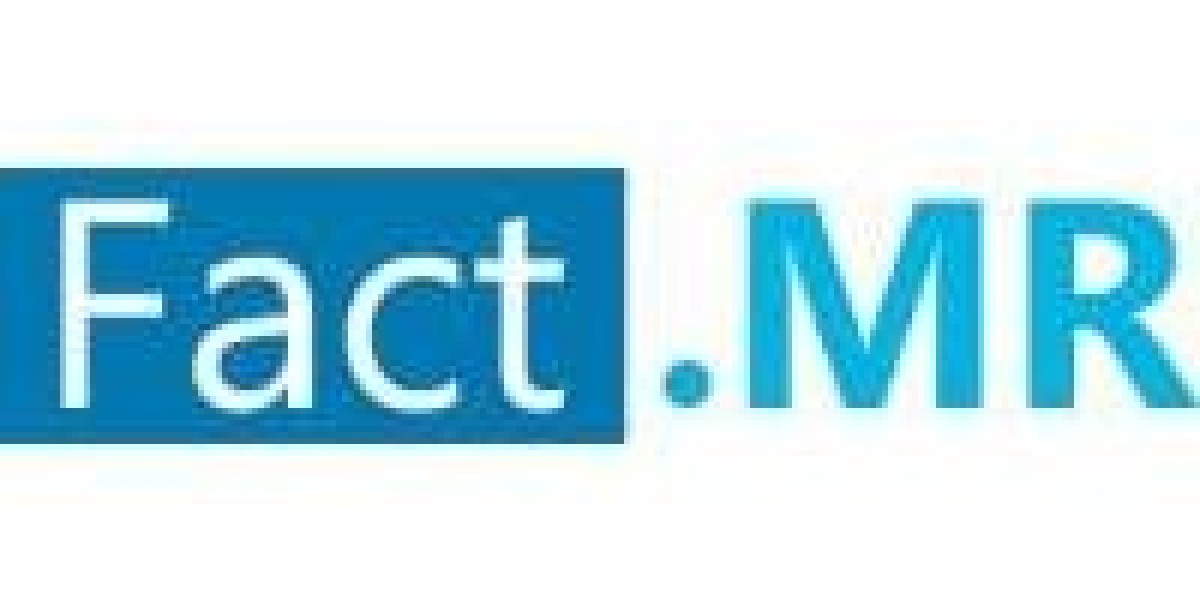The need for insoluble fiber in functional foods and drinks is expected to drive the global market, which is expected to grow at a compound annual growth rate (CAGR) of 6% between 2021 and 2031.
Roughage, often known as dietary fiber, is a kind of carbohydrate found in plants. It is a kind of food derived from plants that often moves through the digestive system undigested or unprocessed. Generally speaking, they are divided into soluble and insoluble fibers.
Download a Sample Copy Of Report:
https://www.factmr.com/connectus/sample?flag=S&rep_id=2460
Rapid expansion in the market is propelled by a growing recognition among consumers of the health advantages linked to consuming fiber. Particularly, insoluble dietary fiber is gaining prominence for its contributions to digestive wellness and weight control, marking a significant trend in the dynamic realm of functional foods.
Key Companies Profiled in This Report
- Ingredion Incorporated
- Roquette Frères
- Unipektin Ingredients AG
- Tate & Lyle PLC
- Cargill Incorporated
- TIC GUMS Inc.
- J. Rettenmaier & Sohne GmbH & Co.
- SunOpta
- Südzucker Ag
- Grain Processing Corporation
- Solvaira Specialties
- du Pont de Nemours and Company
The surge in functional foods' appeal is prompting food producers to integrate insoluble dietary fiber into a wide range of products, spanning snacks, cereals, and beverages. This shift reflects consumers' pursuit of comprehensive health solutions through their dietary preferences.
Sourced from natural origins like whole grains and fruits, insoluble fiber fits seamlessly into the clean-label and natural product movements, appealing to health-minded individuals. As awareness grows regarding the impact of dietary decisions on overall wellness, there's an escalating interest in insoluble dietary fiber as an essential element of a health-conscious regimen.
Key Takeaways from Market Study
- Global demand for insoluble dietary fibers is projected to reach a market value of US$ 4.65 billion by 2034.
- The United States market is forecasted to reach US$ 996.5 million by 2034-end.
- The market for insoluble dietary fibers in Japan has been calculated at US$ 297.2 million for 2024.
- The China market is projected to expand at a CAGR of 6.6% through 2034.
Read More: https://www.factmr.com/report/2460/insoluble-fiber-market
Competitive Analysis
Leading manufacturers of insoluble dietary fiber are Cargill, Archer Daniels Midland Company, Ingredion Incorporated, and Roquette Frères. Leading companies are focusing on strategic partnerships, product innovations, and expansions to maintain their market positions.
Leading companies are investing in research and development efforts to introduce innovative insoluble fiber products. Furthermore, collaborations with healthcare professionals and nutritionists are becoming prevalent to create targeted and science-backed solutions. The market is also witnessing consolidation through mergers and acquisitions as key players seek to broaden their product portfolios and expand their global presence.
Key Market Segments Covered in Report:
- Product
- Cellulose Insoluble Fiber
- Hemicellulose Insoluble Fiber
- Chitin & Chitosan Insoluble Fiber
- Lignin Insoluble Fiber
- Bran Insoluble Fiber
- Resistant Starch Insoluble Fiber
- Others
- Source
- Fruits
- Exotic Fruits
- Citrus Fruits
- Others
- Vegetables
- Cereals & Grains
- Legumes
- Others
- Application
- Pet Food with Insoluble Fiber
- Functional Food & Beverages with Insoluble Fiber
- Pharmaceutical & Dietary Supplements with Insoluble Fiber
- Region
- North America
- Latin America
- Eastern Europe
- Western Europe
- APEJ
- Japan
- MEA
In conclusion, the rising popularity of functional foods has catalyzed significant growth in the insoluble fiber market. Food manufacturers are increasingly incorporating insoluble dietary fiber into a diverse range of products, driven by consumer demand for holistic health solutions. Derived from natural sources like whole grains and fruits, insoluble fiber aligns with clean-label and natural product trends, appealing to health-conscious consumers.



